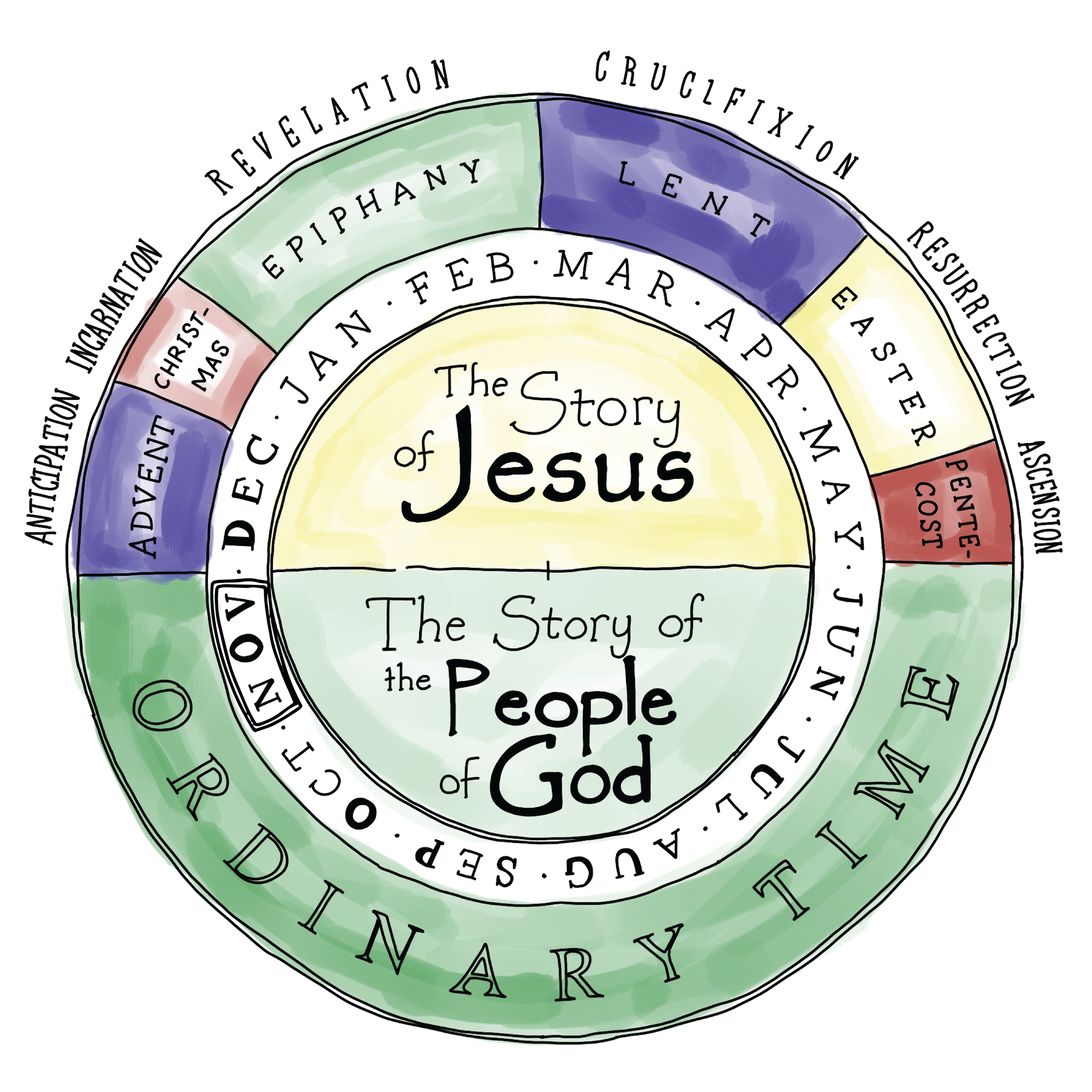Virtue: Community
Resolution: I choose to journey with other believers to participate in the mission of God.
Human Story: Motilon Tribe, Columbia
The Motilon, or Barí as they call themselves, are an aboriginal tribe in the oil rich region of Columbia, South America. The Motilones are known for their indigenously run schools, literacy programs, medical clinics, and missionary outreach to surrounding tribes. This is astounding since, prior to 1960, this tribe was known for killing oil company employees. “The Motilones did not care for each other in any deep way. Each man was responsible for himself, and his family, and no one else.” (Bruchko, p.134) What brought about this change to make the Motilones into a cooperative and supportive community? In short, Jesus brought about the transformation.
In 1962, a 19-year-old from Minneapolis set out to find the Motilones and bring the gospel to them. Bruce Olson, or Bruchko as they called him, spent four years gaining the trust and learning the language of this tribe, and he learned about their history and legends. The Motilones believed that at one time they had a close relationship with God. But after they were deceived by the false prophet, God was “beyond the horizon,” out of man’s reach. They tried to call on God in a variety of ways to no avail. Bruchko became very close friends with the son of one of the tribal chiefs. One day as they discussed this legend about God being over the horizon, Bruchko told “Bobby” that Jesus is the way to restore fellowship with God. After a personal encounter with Jesus, Bobby “tied his hammock strings to Jesus” and learned how to “walk Jesus’ trail.”
After a while Bobby had an opportunity at a tribal ceremony to share Jesus with the others in his village. After hearing Bobby, “no one rejected the news about Jesus. Everyone wanted Him to take them over the horizon.” (Bruchko, p. 153) Their hearts and attitudes transformed as they began to show love and concern for others in their tribe, not only in their own village but in other villages too. A written language was developed and schools began to teach children and adults how to read and write. Books of the new testament were written down in the Barí language to be read and studied. Bruchko worked with outside agencies to provide medicine and equipment for newly established medical clinics. All of this was not without its difficulties. There were times of extreme disease, death, danger, and attack by those wanting to develop the land for oil companies. Through all the ups and downs, Bruchko lived with the Motilon people for around 30 years.
Different tribes in the area had been the focus of other missionaries who expected the tribal converts to wear western clothes and use proper table settings when eating. This caused division within the tribe and made Christianity unappealing to those who hadn’t been saved. The beauty of the “Motilone Miracle” as Bruce Olson calls it is that Bruce never asked them to conform to his or anyone else’s idea of Christianity. He simply presented them with Jesus and helped them follow the trail Jesus laid out before them.
References: Bruchko by Bruce Olson
https://en.wikipedia.org/wiki/Motilon
https://www.brandeis.edu/ethics/events/past/tellingthestory/panel1.html
Lesson: Romans 12:3-13 (ESV)
For by the grace given to me I say to everyone among you not to think of himself more highly than he ought to think, but to think with sober judgement, each according to the measure of faith that God has assigned. For as in one body we have many members, and the members do not all have the same function, so we, though many, are one body in Christ, and individually members one of another. Having gifts that differ according to the grace given to us, let us use them… Let love be genuine. Abhor what is evil; hold fast to what is good. Love one another with brotherly affection. Outdo one another showing honor. Do not be slothful in zeal, be fervent in spirit, serve the Lord. Rejoice in hope, be patient in tribulation, be constant in prayer. Contribute to the needs of the saints and seek to show hospitality.
Within the body of Christ everyone has gifts that contribute to the needs of others. As a church body we shouldn’t expect everyone to have the same function, but rather we should urge others to use the gifts they have. As we appreciate and encourage the giftings of others and love one another by serving them according to our gifting, the body of Christ grows in joy, patience, and genuineness.
When we try to live on our own, in only our own abilities, we are incomplete. But when we live in community with one another, what is lacking in each of us is filled to overflowing by others. Let’s be a community of faith that celebrates the contributions of each individual.
Remembrance
Let him who cannot be alone beware of community…
Let him who is not in community beware of being alone…
Each by itself has profound pitfalls and perils. One who wants fellowship without solitude plunges into the void of words and feelings, and one who seeks solitude without fellowship perishes in the abyss of vanity, self-infatuation, and despair.
— Dietrich Bonhoeffer Called to Community: The Life Jesus Wants for His People
Challenge
Pay attention to the giftings of others in your church community. Encourage someone this week by letting them know you have noticed their contribution to the body.
Reflection
If man is to survive, he will have learned to take a delight in the essential differences between men and between cultures. He will learn that differences in ideas and attitudes are a delight, part of life's exciting variety, not something to fear. ― Gene Roddenberry
Further Growth
2021: No 5th Sunday in 2021.
2020: First Sunday in Advent
Old Testament: Isaiah 64:1-9a
Psalm: Psalm 80
New Testament: 1 Corinthians 1:1-9
Gospel: Mark 13:24-37












